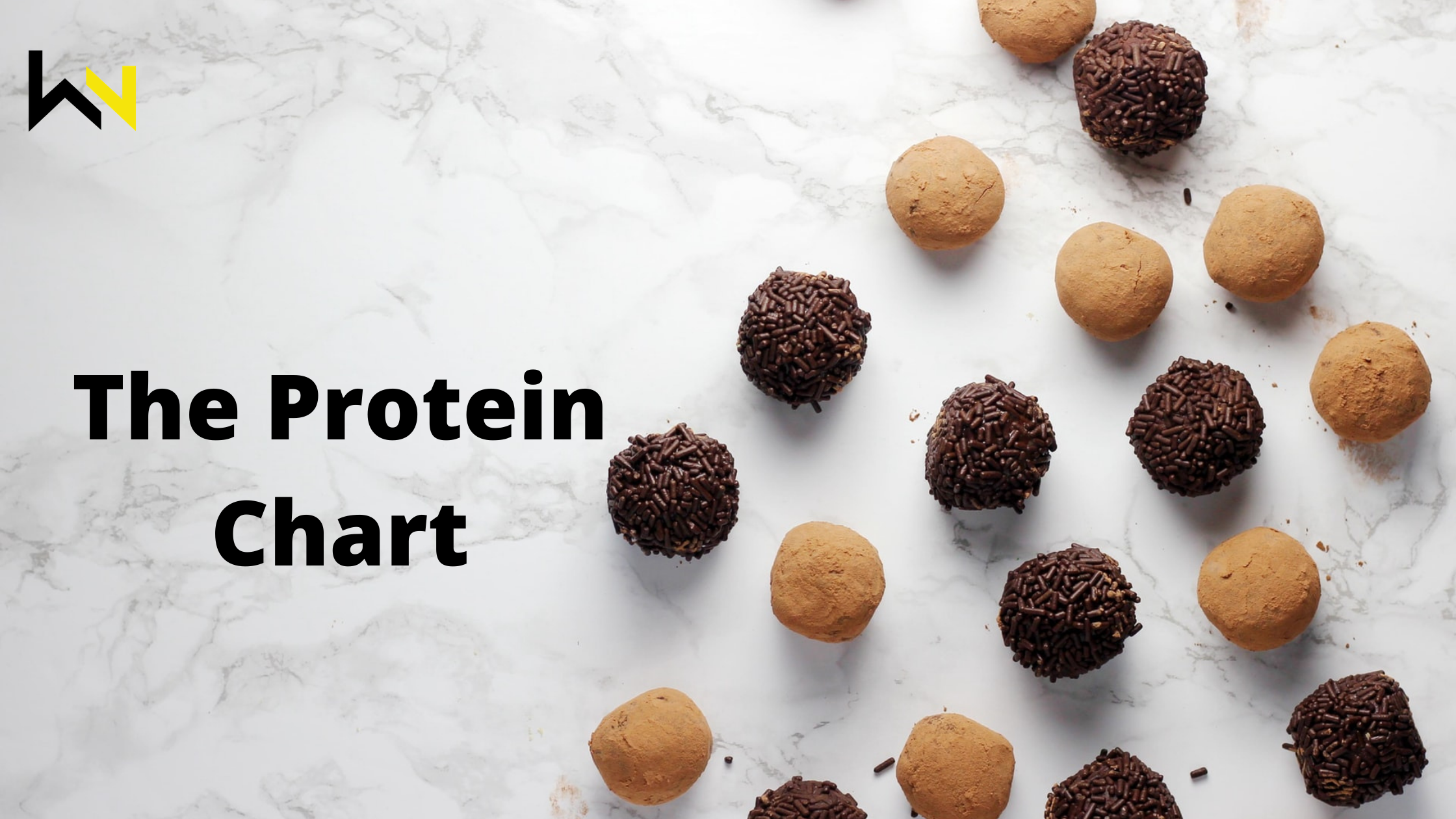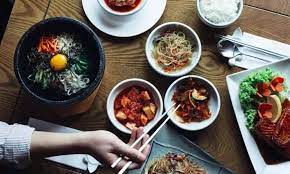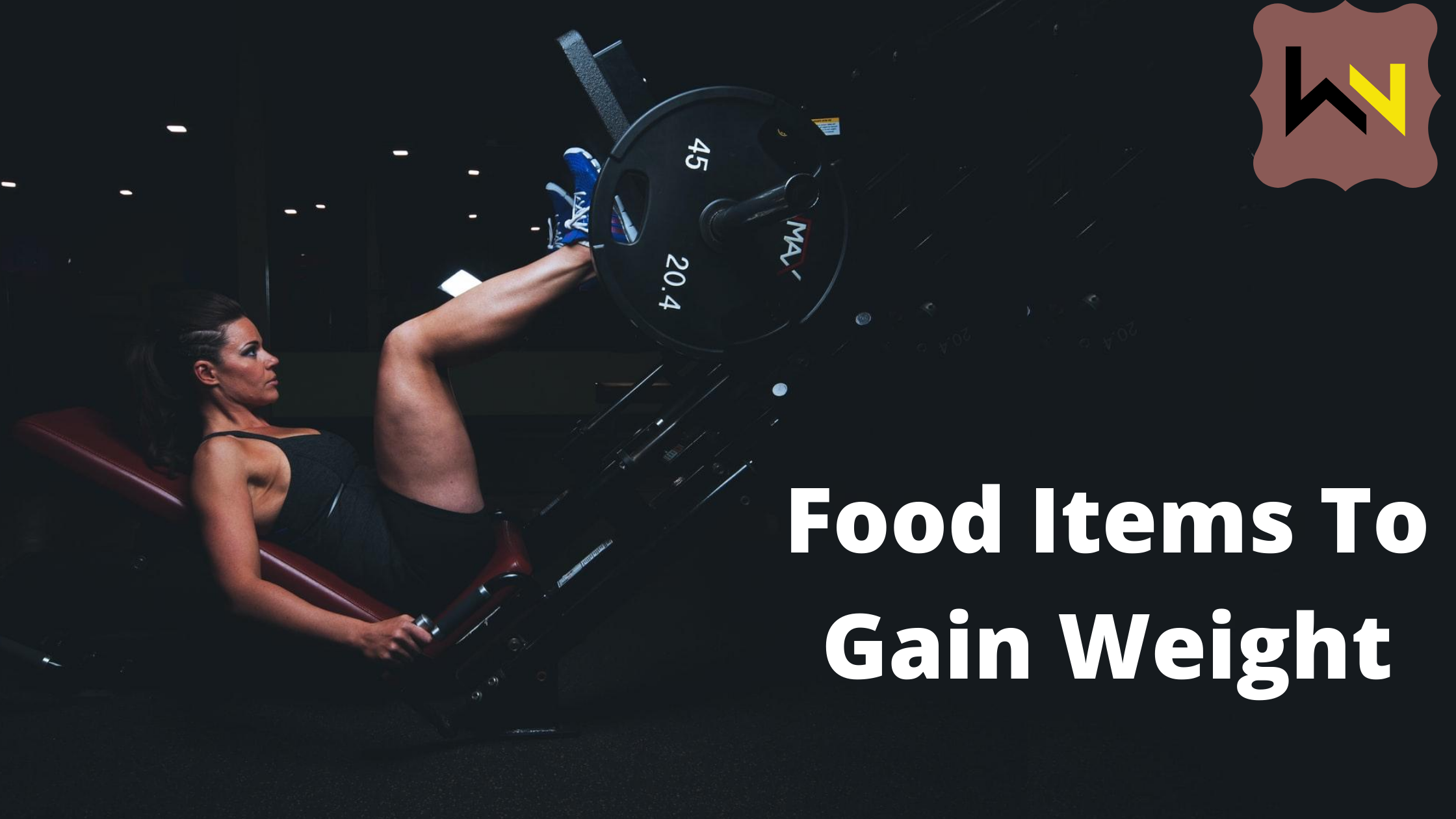Proteins play an important role in the nutrient necessities of our bodies. In fact, protein is crucial in the growth of our bodies. On a usual basis, the breakdown of protein happens on a moderate level, and with an increase in daily activities the breakdown increases. It catalysis and helps the body to undergo biochemical reactions. Proteins are also the energy providers of the body. It is also a building block for compounds in our bodies that keeps us running. Protein intake balances a lot of our systems and their functioning. So here we’ve listed down the components of a healthy protein chart.
At an average of 2200 calories, an amount of 99 grams of proteins is required. How do we meet these needs? Here are a few food products that would help you inculcate protein in your daily diet easily.
Here is a healthy protein chart :
CHICKEN BREAST:
Chicken Breast is a great source of protein. In fact, most of its calories are attained from protein. Chicken breast is versatile and can be cooked in all sorts’ ways to make a delicious protein-filled intake. Chicken Breast is often eaten without skin and is a very popular food item. With every 100g of chicken breast, an approximate of 32 grams of protein is attained.
FISH:
Fish is a nutritious meat item; it has various health benefits and is often acquainted with healthy foods. Fish provides with cod liver oil and proteins at the same time. Easily cooked into a delicacy, fishes are loved fillet or in stews, or salads and so much more. Tuna is a fish high in protein and is very popular. It provides omega 3 acids that supplement the body in various disease-fighting nutrients. Every 100 grams of tuna contains 23.2 g approximate of proteins.
Shrimp is an underdog when it comes to the category of fishes, often eaten in versatile ways such as salads, curries, stews, roasts, and much more. Shrimp also provides omega 3 acids similar to tuna and has about 20 grams of protein every 80grams of meat. Fish is easy to cook and one very interesting way to add proteins and nutrients to your diet. Hence this item must be included in your protein chart.
EGGS:
These versatile animal products are used in all sorts of foods be it desserts or a sunny side up! Eggs are bombshells of proteins and are easy to cook and add to almost any type of dish you wish. It could be your breakfast or even your dinner. Every 100 grams of egg gives you an approximate of 12.6 grams of protein.
DAIRY:
Dairy products are one easy and light way of adding proteins to your diet. With the variety, it offers it is almost present in our everyday meals.
Whole Milk:
Milk is one such product that supplements all the nutrients needs of your body. It contains various health benefits such as phosphorus, calcium, Vitamins, and of course proteins. When it comes to calories there are plenty of variations that are available such as fat-free milk, soy milk to even banana milk. Whole milk contains about 3.3 grams of proteins along with a palette of nutrients per 100 grams. This in fact is one of the most beneficial among the protein chart components.
COTTAGE CHEESE:
Cottage cheese is a very healthy variant of the daily cheese. The amount of protein that can be consumed at a cost of a very small amount of calories is commendable for a cheese. It is very versatile when comes to healthy preparation. Cottage cheese is considered a delicacy especially in north India and is loved by all. It provides a rich intake of not only proteins but also a set of other nutrients such as phosphorus, calcium, selenium, vitamins, etc. Cottage cheese provides an approximate of 12.2 grams of proteins every 100 grams.
LOW-FAT YOGURT:
This is a product found on almost all breakfast tables in western countries. Low-fat yogurt can be easily flavored in your style and can be consumed at any time of the day. Yogurt is a product loved by all age groups and comes in a wide range of flavors. It is preferred for its rich creamy texture and is provides around 5.7 grams of proteins per 100 grams.
VEGETARIAN OPTIONS:
If you are a vegan this section should help you decide the heathy food you would like to inculcate in your diet for good protein intake.
LENTILS:
Lentils are rich in proteins and various other nutrients needed by the body. A type of legumes lentils is high in iron, folate, manganese, copper, potassium, and many such nutrients. At every 200 grams of lentils, an amount of 18 grams of proteins is attained. Lentils are considered as the world’s best plant-based protein and all the good reason why to consume them more.
SEEDS:
Seeds are commonly ignored and are one good source of proteins and other nutrients. Incredibly high on iron, zinc, and also many such nutrients. In fact, Pumpkin Seeds are a great option for natural protein supplements. Every 30grams of pumpkin seeds contain about 9 grams of proteins at a cost of 158 calories. Other such seeds that are considered to be protein-rich are Sunflower seeds, Flax seeds, and Chia seeds. Chia seeds are also known for good body coolant and other health advantages.
OATS:
Oats are a popular food item seen on breakfast tables. It is often acquainted with healthy foods and aids weight loss on a large scale. It is the perfect filling food to have and is easy to cook, sweet or savory as per your liking. In fact, oats provide an average of 11.1 grams of protein per 100 grams.
BROCCOLI:
Broccoli is something you should skip from a meal, so here are the reasons why not to pick them out of your dinner plates: They provide a large no of bioactive nutrients and are rich in fiber, vitamins, and potassium along with proteins. They also provide a calorie to calorie protein count and are an absolute healthy choice to make. Every 100 grams of broccoli has an approximate of 3 grams of proteins at a very less calorie cost of 31 calories.
ALMONDS:
These nuts are known for increasing brain power and memory and there’s a lot to them than just that. Almonds are rich in varied nutrients such as vitamins, manganese, fiber, etc. In fact, these popular tree nuts can be a suitable energy booster. Every 100 grams of these nuts contain 6 grams of proteins.
So these were some of the components of the protein chart .
ALSO DON’T FORGET TO SUBSCRIBE TO OUR NEWSLETTER.











Comments 1